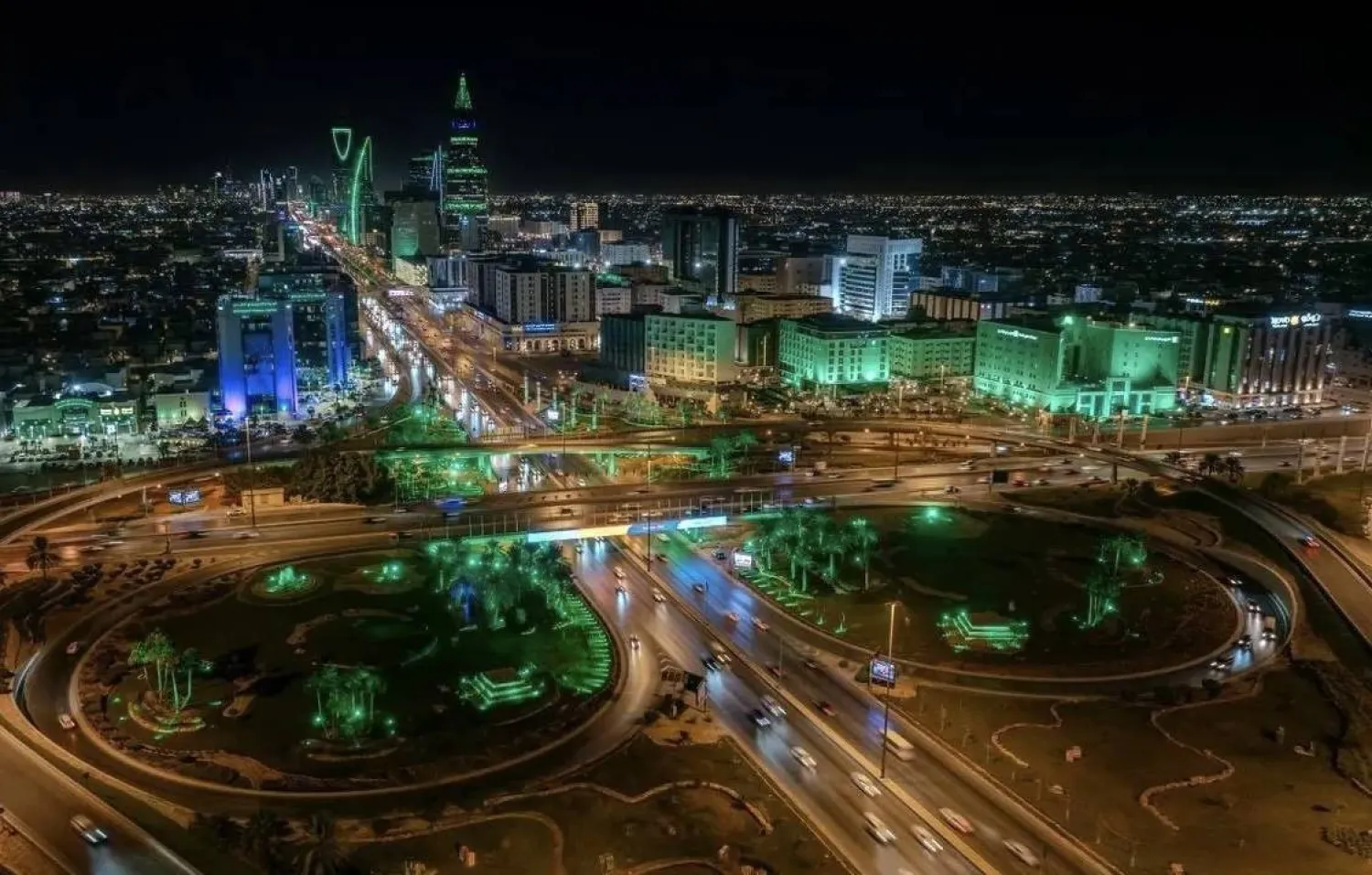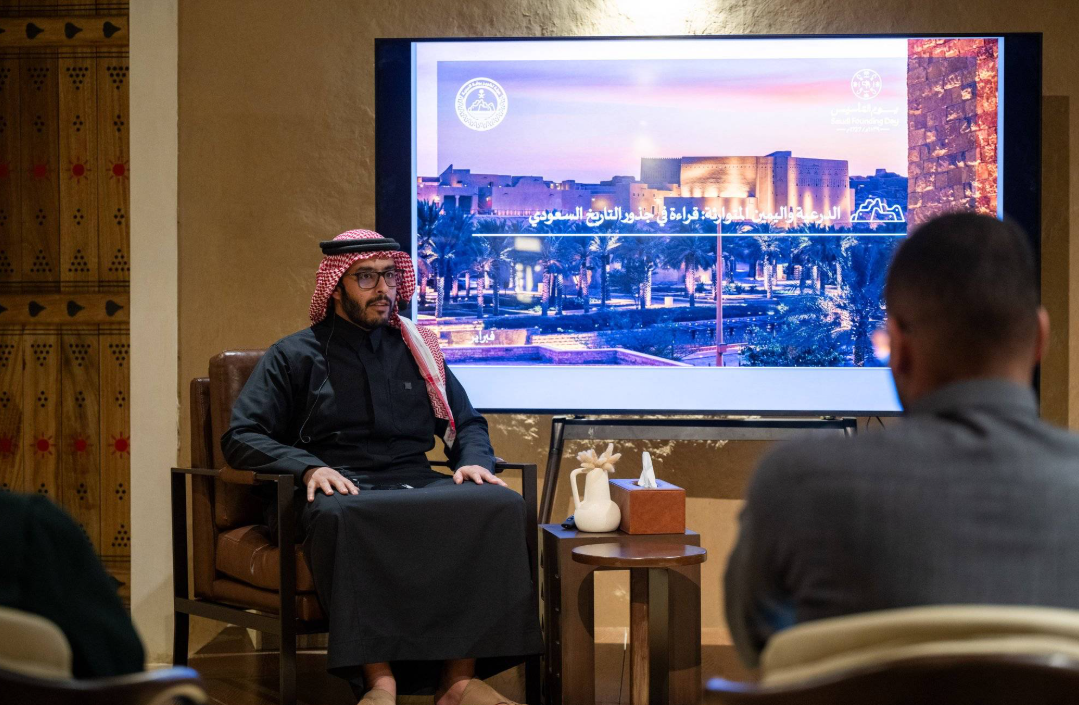When Taha Amin-Ismail Khalifeh dialled into a conference call with his Israeli employer last month, the Palestinian hotel worker expected a briefing on how the Israel-Hamas war was affecting business. Instead, he and 40 others were laid off.
Khalifeh, who lives in the Israeli-occupied West Bank, had worked as a housekeeper in the hotel in East Jerusalem for more than 20 years.
About 160,000 Palestinians from the West Bank who were working in Israel and in Jewish settlements have lost or are at risk of losing their jobs because of the closure of border crossings from the West Bank into Israel and settlements, and restrictions on their access to Israel's job market, according to the UN's International Labour Organization (ILO).
Israel has also sent back thousands of Palestinians to the besieged Gaza Strip, Reuters report said.
It had previously issued 18,000 permits allowing Gazans to cross into Israel and the West Bank to take jobs in sectors like agriculture or construction that had salaries up to 10 times what a worker could earn in the blockaded enclave.
Many of the Palestinians worked as day laborers in Israel, or in Jewish settlements in the West Bank, and have been unable to travel to their jobs due to the closure of border crossings since Hamas's Oct. 7 assault on southern Israel.
Like many of them, Khalifeh had mixed feelings about working for an Israeli business, but it was his best option for a reliable pay cheque. Unemployment is running at about 46% in Gaza and 13% in the West Bank, and wages are much lower.
"There is nothing that would provide us with a living except working in Israel," Khalifeh told the Thomson Reuters Foundation by phone. "We have no other choice."
Now jobless for more than a month, he fears he may never be able to return as Israeli businesses urge the government to plug the labor gap left by the Palestinian workers from nations including India and Sri Lanka.
Israeli farms, buildings sites and hotels are among the sectors struggling with a shortage of workers since the war erupted, and some foreign migrant laborers have left, fearing for their safety.
The Israel Builders Association (ACB) has asked the government to seek to recruit at least 60,000 foreign laborers to fill the gap left by the Palestinians, Shay Pauzner, the ACB's deputy director-general, said in emailed comments.
Sri Lanka, desperate for dollars and remittances, plans to send 10,000 workers for the Israeli construction industry, part of a wider contingent of 20,000 workers also including farm laborers, a government minister told Reuters last month.
Israel's Foreign Ministry, the Population and Immigration Authority and COGAT, the government agency that oversees entry permits, did not respond to requests for comment.
- FRAGILE ECONOMY
Efforts to bring in replacements from overseas have raised fears that Palestinian workers' long-term employment prospects could be jeopardized, regardless of what happens in the current conflict.
"This is dangerous issue," Saeed Omran, head of media at the Palestine General Federation of Trade Unions, said by phone, though he added that it would take time for tens of thousands of foreigners to be hired.
"How are they going to get them so fast?" he said.
The long-term loss of Israeli jobs would deal another blow to the fragile Palestinian economy, which is dependent on foreign aid and vulnerable to Israeli travel restrictions in the West Bank.
According to the ILO, the Palestinian job losses since the start of the war equate to a daily income loss of $16 million. That raises concerns about how Palestinians will live and work in the months and years to come, especially in Gaza, said Miriam Marmur, the public advocacy director at Gisha, an Israeli nonprofit which campaigns for freedom of movement of Palestinians.
"It's hard to imagine that workers from Gaza will be given access to jobs. What's going to be the humanitarian and economic reality in the Strip? What's the situation of the Palestinian economy going to be coming out of this?" Marmur said.
For low-paid workers, the loss of income is already causing financial pain.
Construction worker Muthana Jamal Hassan, 33, who lives in the West Bank city of Jenin, had just finished a painting job in Tel Aviv when the war broke out.
He earned $140 a week and was his family's main breadwinner, but has had no income since the war began, and said he will soon be forced to get into debt to cover his family's basic needs.
Because of the border closures, he said he can not safely cross the border and fears being shot at or detained by Israeli security forces if he tries to do so.
"We used to work to eat and drink, not to buy villas and cars," he said by phone from his home. "We were living in a certain way and now it was taken away from us overnight."
- FOREIGN WORKERS
Israeli efforts to recruit foreign workers to replace Palestinians have drawn criticism from trade unionists in India, with the Construction Workers Federation of India calling the push "immoral", pointing to the death toll in Israel's bombardment and ground invasion of Hamas-ruled Gaza.
Palestinian health authorities deemed reliable by the United Nations say more than 15,000 Gazans have been confirmed killed.
Referring to the ACB's request for foreign laborers to be hired, a spokesperson for Israeli migrant rights labor group Kav LaOved said the mass recruitment of foreign workers at short notice during wartime might threaten their rights.
"They want to bring in so many people without being prepared," said spokesperson Assia Ladizhinskaya.
"We need Israel to enforce (workers') rights to check if they're being recruited normally, if the employer can communicate with them with translators, and do checks in the fields and the construction sites to see if the workers are being treated well," Ladizhinskaya added.
The group has been helping dozens of workers recover unpaid wages by contacting their employers, and has urged the Israeli government to let laid-off Palestinians withdraw funds from their pensions to help them cope with the earnings loss.
Construction worker Ahmad Mohammad Abu Sbay used to be paid 3,800 shekels ($1,023) per month, which he said was just enough to cover the family's needs, but he has not worked since the war began.
"I don't know how I'm going to feed my family," the 37-year-old father-of-four said by phone from his home in the West Bank city of Bethlehem.
"I feel the mental pressure every minute and every hour."
















